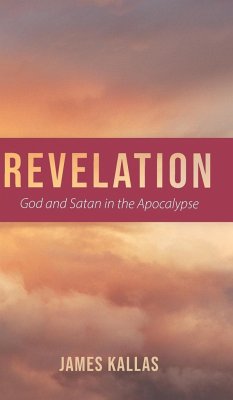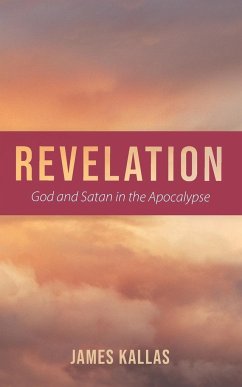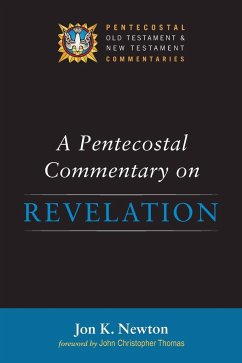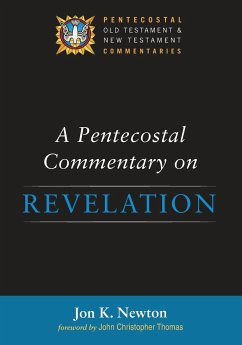In this book James Kallas analyzes the four most popular ways in which Christians have dealt with the book of Revelation. He agrees in part with those who espouse the ""end of history"" view, conceding that the epistle is futuristic in its confession of the hope of Christ's return, but denying that it is only a discussion of the last days of the world. He repudiates as unscriptural and blasphemous the ""all of history"" view which uses the book to calculate specific timetables of human events. Underscoring the timeless character of God's promises to his suffering people, a premise of the ""above history"" view, Kallas emphasizes that the Word is addressed to all men of all times. He fully confirms the ""in that history"" view which stressed that Revelation must first be understood in terms of its original readers--the Christians of Asia Minor--and its historical background. Documenting his conclusions with biblical and historical examples, Kallas reviews the origins and style of apocalyptic writing. He explains that the theme of such literature, the conflict between God and Satan on a massive scale, was produced by the despair of God's people in troubled times. He discusses the immediate purpose of Revelation, describing its symbolic language as a camouflaged message of hope from an imprisoned apostle to Christians suffering severe persecution at the hands of Rome. Only then does he carefully evaluate John's message for Christians today.
Bitte wählen Sie Ihr Anliegen aus.
Rechnungen
Retourenschein anfordern
Bestellstatus
Storno








